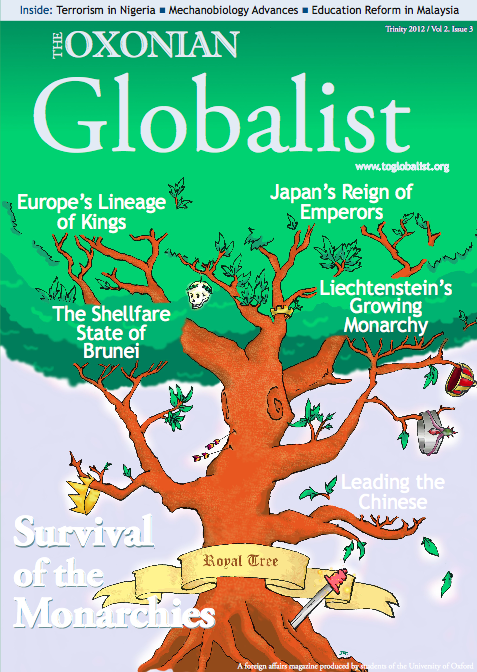
Boosting the local economy? Second-hand clothes from the West being sold on at an informal market in Mozambique. Photo by tonrulkens via Flickr.
Internal contradictions have an odd way of making themselves known. Typically, they only come to light when we are bold enough to expose our philosophical, moral, or political positions on contentious issues. These are the moments that our detractors seize upon to expose our inconsistencies, hoping that by laying bare the seeming incongruities, they will succeed in undermining our argument or dismissing our position altogether.
Although students of many disciplines are vulnerable to this type of criticism, it is often directed most plainly at people interested in international development.
The inclination to “do good” can be identified among people working in many different sectors. However, while it could well be in the minds of those studying physics, business, or music, “I want to help” is a justification typically given by development studies students when asked to explain why they chose their field. It makes perfect sense, as well.
The very existence of an entire discipline dedicated to addressing problems associated with the unequal distribution of wealth and power indicates our desire to help where we can. Although Adam Smith’s suggestion that we are driven by our own self-love holds much force in conversations about human nature, it is often forgotten that he would also agree with more recent research, arguing that humans are essentially pro-social creatures.
Doing Good?
So what does it mean to “do good” within the context of development? Generally, the process begins with the identification of an issue to be addressed. Perhaps it is the lack of educational opportunities in a certain region, or the need for new water resource infrastructure. Sharing skills and encouraging social entrepreneurship has been a popular avenue for development studies folks of late, and of course, there is always health-related work to be done.
However, none of these types of projects are without problems. Building schools in remote villages funded by donations can undermine the ability of local communities to allocate the necessary resources for education, creating more dependence on foreign intellectual and financial capital to provide a basic human right. Sending second-hand shoes and clothes as aid can take important business away from local economies when Western goods are dumped in countries in crisis.
People who are interested in alleviating suffering are seldom unaware of these contradictions. Being made to come face to face with these problems can be terrifying, and has the potential to dissuade students from further work in the field. However, despite their problematic nature, these types of strategies persist, dominating the popular development discourse, if not the academic.
The Next Stage
For some, putting the problematic aspects of development work out of their minds seems to be the best solution. “At least I’m doing something!” becomes a balm for the wounds inflicted by accusations of hypocrisy and incoherence. On the other hand, there are those who simply give up on the work they were drawn to in the first place when they realize the potential for harm implicit within it – better to drop out than to aggravate the situation.
Perhaps, however, it is not about making a decision between the two options, but about recognising the tensions, and questioning the need to make a decision. Paying attention to contradictions could help in understanding the inadequacies of both modes of action, leading to broader questions about the nature of the problems we are compelled to address. What is required is a way of looking at the world that allows the structural and the personal to be seen with equal clarity. In fact, sensing internal contradiction is a crucial step in the process.
Taking development as a case study for how internal contradictions can play out in academia and politics, we find that contradictions and tensions are, in a sense, inevitable. These contradictions can undermine the legitimacy of political and academic work, and derail efforts to move towards a better world. Alternatively, rather than allowing the asserted dichotomy to have the final say, let us stand at the intersection point and allow the contradictions to help us move beyond the distinctions, and even to question them. Only the dynamism of that tension can move us forward – without acknowledging these contradictions, we might never get past them.



